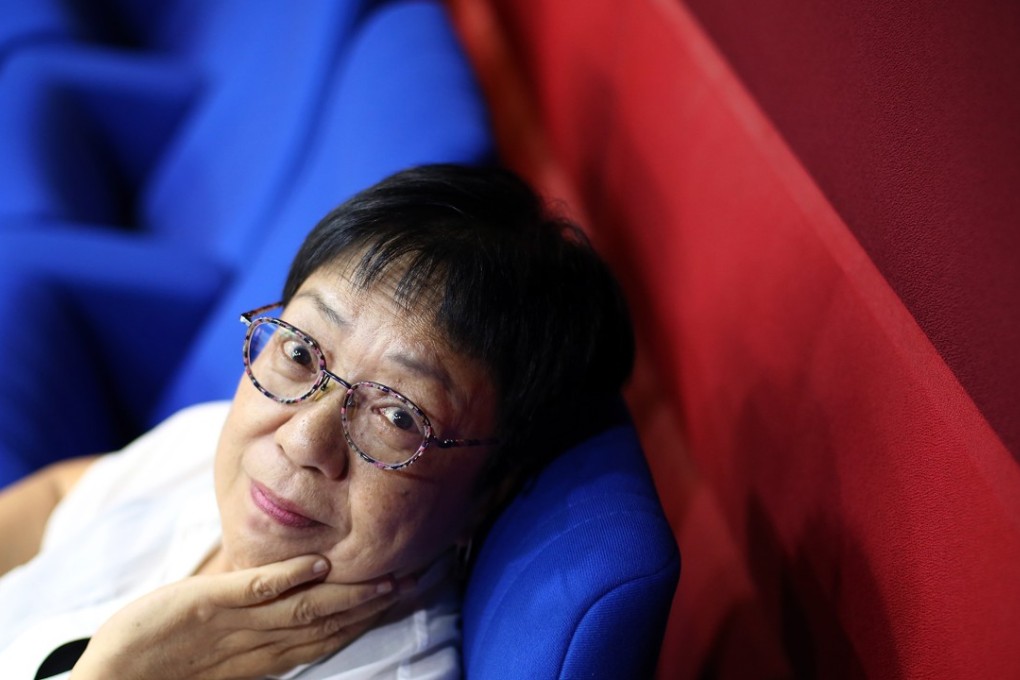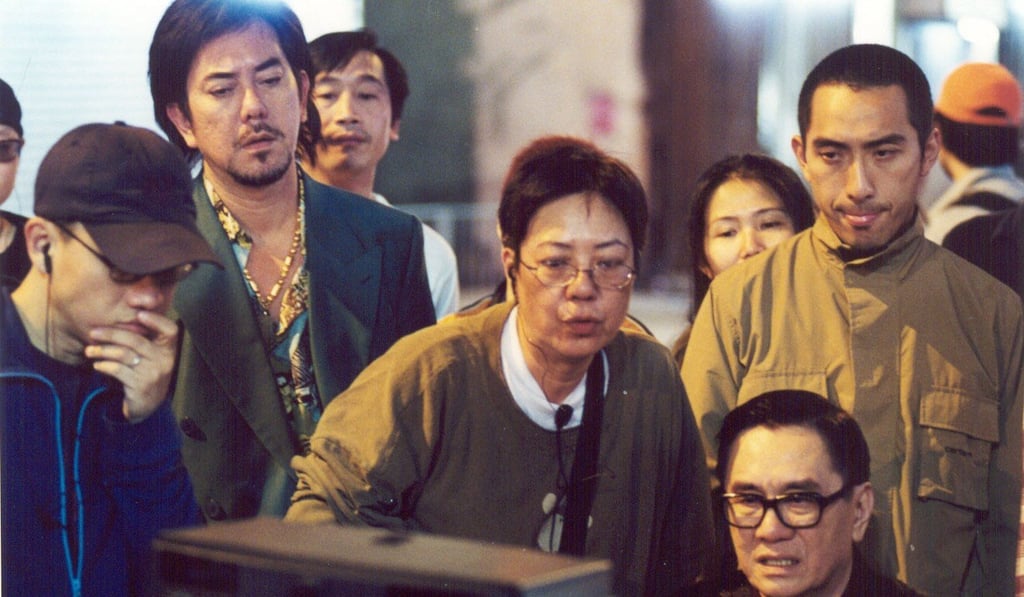Ann Hui, most celebrated director in Hong Kong film history, turns 70
She may have directed fewer than 30 films but Ann Hui has won more best director awards at the Hong Kong Film Awards than anyone else, while her actresses have picked up a host of local and international honours

To say that Ann Hui On-wah, who turns 70 on May 23, ranks among Hong Kong cinema’s biggest talents is an understatement. While she may not share the stylistic flourish – and consequently, international acclaim – of contemporaries such as Wong Kar-wai, Tsui Hark or Johnnie To Kei-fung, Hui’s human dramas, which are often steeped in social conscience, are deeply treasured by Hong Kong audiences.

Hui was born in 1947 in Liaoning, northeast China, to a Nationalist official father and a Japanese mother (a biographical detail she would subsequently explore in the 1990 film Song of the Exile, starring Maggie Cheung Man-yuk). She moved to Hong Kong at age five, eventually completing her bachelor’s and master’s degrees at the University of Hong Kong before studying at the London Film School in the early 1970s.
After a spell directing TV dramas and documentaries, Hui made her first feature – the murder mystery The Secret (1979) – and quickly came to be known as one of the leading figures of the Hong Kong New Wave film movement.

In pictures: Happy Together – the Tony Leung-Leslie Cheung romance that put Wong Kar-wai on the world map – turns 20
Although she has directed fewer than 30 feature films in a career that has spanned nearly four decades, Hui holds the record for most wins – five – in the Hong Kong Film Awards’ best director category, with Boat People (awarded in 1983), Summer Snow (1996), The Way We Are (2009), A Simple Life (2012) and The Golden Era (2015). She is followed by Allen Fong Yuk-ping and To, who each have three.
